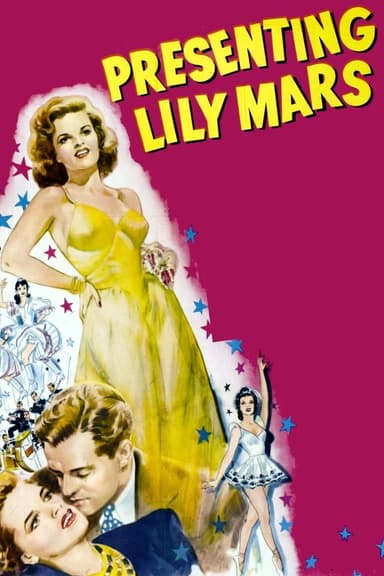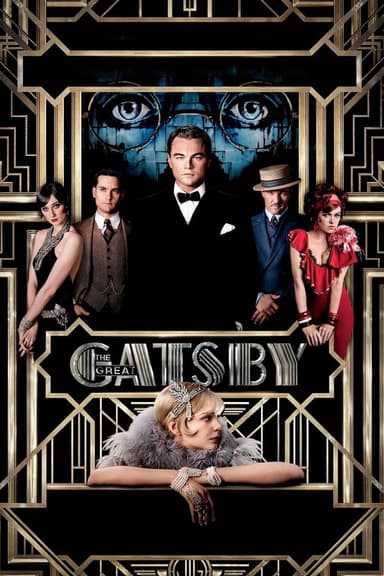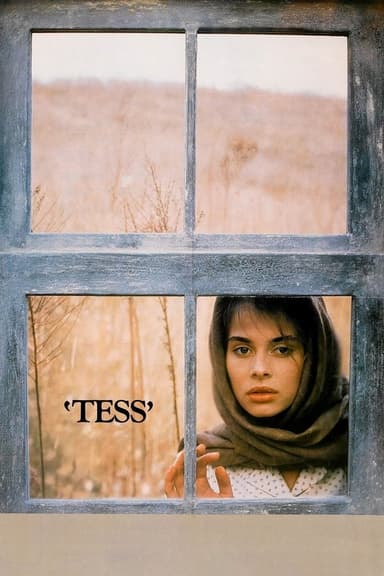
The Magnificent Ambersons
1942 • Drama, Romance • NR
The spoiled young heir to the decaying Amberson fortune comes between his widowed mother and the man she has always loved.
Runtime: 1h 28m
Why you should read the novel
Before you watch the celebrated 1942 film, journey into Booth Tarkington’s Pulitzer Prize–winning novel The Magnificent Ambersons. The book’s layered social observation and finely tuned psychology offer dimensions no screen version can fully capture.
On the page, you live inside George Amberson Minafer’s pride and come to understand Isabel’s sacrifices, Eugene’s forward-looking optimism, and Lucy’s keen moral insight. Tarkington’s prose renders the rise of the automobile, shifting manners, and the costs of progress with wit, tenderness, and unflinching clarity.
If you love classic American literature, Gilded Age family sagas, or character-driven historical fiction, the novel delivers the complete story as the author intended—deeper character arcs, richer themes, and a panoramic portrait of a changing America.
Adaptation differences
Scope and structure differ substantially. Tarkington’s novel spans years of social transformation with patient interiority and community detail, while the film condenses timelines and relies on narration and montage to bridge large narrative gaps.
Characterization is fuller in the book. George’s arrogance and slow humbling are explored from the inside, Isabel’s conflicts are more textured, and Fanny’s psychology is painstakingly developed. The film streamlines these arcs, emphasizing pivotal confrontations over the novel’s steady accumulation of small revelations.
Tone and ending diverge. The novel closes on a sober, morally reflective note, leaving a bittersweet sense of consequence. The theatrical 1942 release softens this with a more hopeful reconciliation than Tarkington wrote, a change shaped by studio cuts and reshoots that altered Orson Welles’s intended conclusion.
Themes and subplots are trimmed or refocused. The book devotes entire chapters to the town’s expansion, the disruptive rise of the automobile, and secondary figures who personify social change. The film compresses this social history into atmospheric sequences, shifting emphasis from broad civic evolution to the Amberson family’s intimate downfall, and trading the novel’s gradual social critique for a more concentrated domestic tragedy.
The Magnificent Ambersons inspired from
The Magnificent Ambersons
by Booth Tarkington











